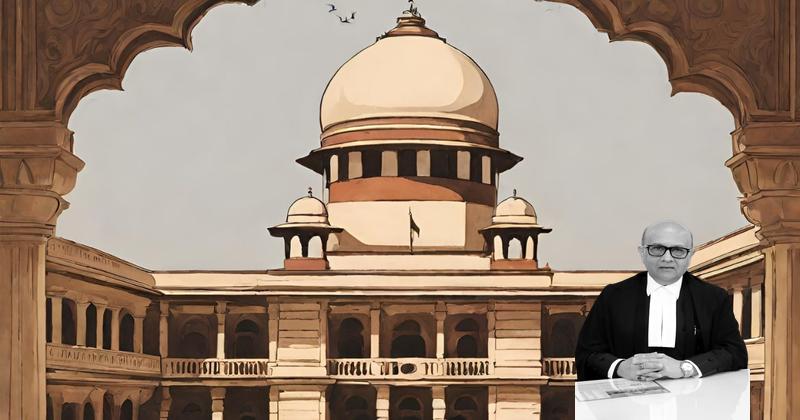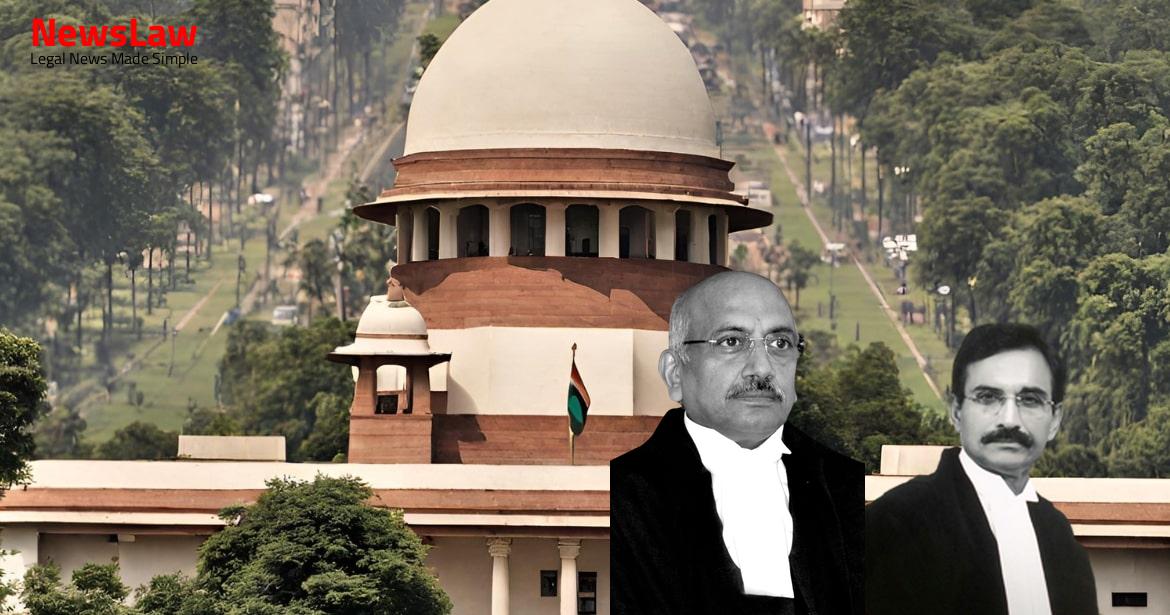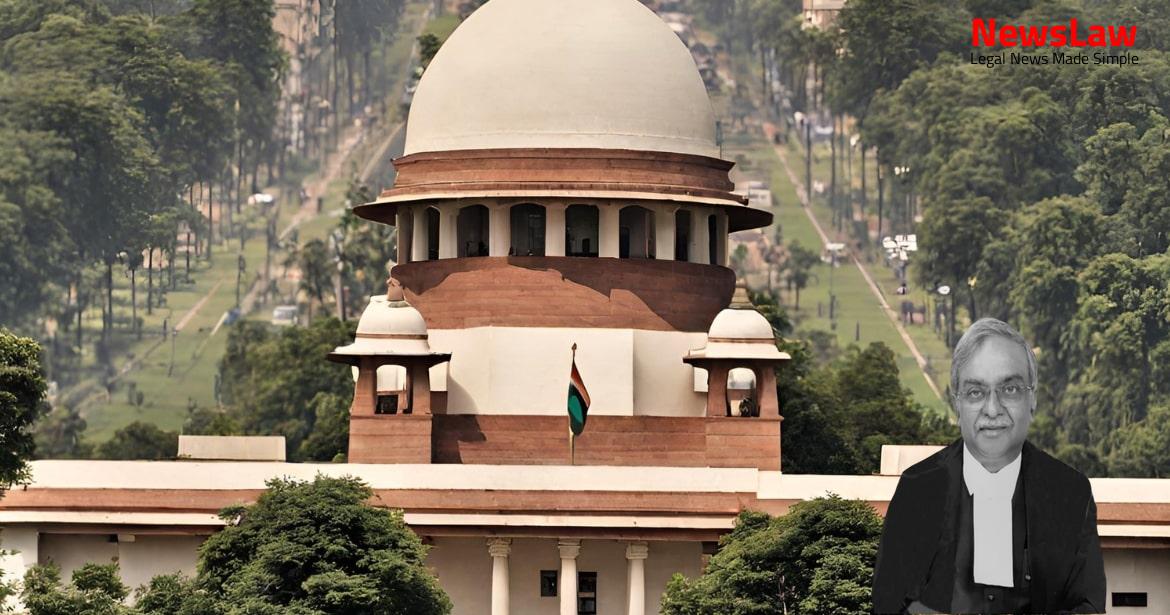The recent decision by the National Green Tribunal regarding single member benches has raised important legal questions. The Court’s analysis focused on the provisions of the NGT Act and the alignment of delegated legislation with the parent enactment. The decision underscores the significance of procedural propriety and the need for consistency in judicial actions based on statutory assurances. #NGT #legalanalysis #environmentlaw
Facts
- The National Green Tribunal (NGT) dismissed the applications to recall the order of a single member and for condonation of delay.
- An amendment to the National Green Tribunal (Practice and Procedure) Rules 2011 was introduced by the Ministry of Environment, Forest and Climate Change on 1 December 2017.
- The Chairperson of the NGT, through an office order dated 5 December 2017, constituted single member Benches at the Regional Benches due to a shortage of members.
- The NGT Bar Association (Western Bench) filed a petition under Article 32 of the Constitution challenging the notifications and office orders issued by the NGT.
- The appellant challenged the environmental clearance granted to the fourth respondent under Section 16 of the NGT Act on various grounds.
- No single member Bench shall be constituted in any zonal benches of the NGT with immediate effect.
- Each bench shall consist of one judicial member and an expert member.
- Environment clearance was duly uploaded, and the period of limitation must be calculated from when the order was uploaded.
Also Read: Balancing Power and Transparency: Electoral Bonds Struck Down, Disclosure Mandated
Arguments
- The appellant challenged the Tribunal’s order on the basis of a single member bench being in contravention of the NGT Act.
- The appellant claimed that their previous lawyer returned the case file due to being appointed as a Government Advocate.
- Allegations of a violation of the principles of natural justice were raised by the appellant.
- The fourth respondent opposes the submissions made by the other parties
- They argue that the NGT does not have the power to condone a delay beyond 90 days under the proviso to Section 16 of the NGT Act 2010
Also Read: Recall of Resolution Plan Approval: Legal Analysis
Analysis
- The single member of the NGT dismissed the application for condonation of delay on 29 January 2018 despite abstaining from passing judicial orders in other cases due to a stay on single member benches.
- The Attorney General assured the Court on 11 January 2018 that the rule would be rectified to align with the Act and Court judgments.
- Delegated legislation must align with the parent enactment; a rule cannot exceed its source of power.
- The Court’s order did not explicitly mention a stay on single member benches.
- The issue is whether the single member could dismiss applications after the AG’s assurance to rectify the rule.
- The Single member could not have passed an order due to the proviso to Section 4(4)(c) of the NGT Act 2010.
- The proviso mandates that the number of expert members hearing the appeal or application must be equal to the number of judicial members.
- Propriety required a consistent course of action by the NGT based on the assurance given by the Attorney General.
- The phrase ‘in the meantime’ indicates a restraint on implementation while the executive deliberates on the issues.
- The Court intended to interdict the constitution of single member benches in the order of 31 January 2018.
- The assumption of jurisdiction by a single member Bench is seen as flawed.
Decision
- All rights and contentions of the parties, including on the issue of limitation, are preserved.
- The original order of the NGT dated 29 January 2018 is set aside.
- The appeals are allowed, and the impugned order of the NGT dated 16 July 2021 is set aside.
- Pending applications, if any, are disposed of.
- Appeal No. 36 of 2017 is restored to the file of the NGT for fresh disposal.
- The Court has not expressed any opinion on the merits of the appeals.
Case Title: TALLI GRAM PANCHAYAT Vs. UNION OF INDIA (2022 INSC 692)
Case Number: C.A. No.-000383-000384 / 2022



